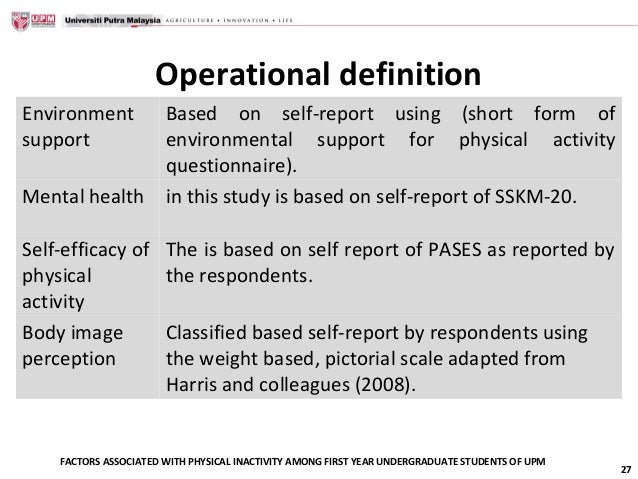


Do you experience powerful negative emotions when you think about your body?.Do you use harsh or unkind language to describe your body?.Have you had excessive plastic surgery?.Do you pluck, shave, wax, or laser away hair excessively?.Do you use hats to cover your hair or baggy clothing to hide your body?.Do you feel the need to apply a heavy layer of makeup when you go out in public?.Do you compulsively check and recheck your body - either weighing yourself, measuring your body parts, pinching your skin, or examining yourself in the mirror over and over again?.Do you take extreme measures to avoid seeing your body?.Do your feelings about your body interfere with your relationships, work, or activities?.If you’re wondering whether you have a negative body image, the following questions can help you gauge how positive or negative your body image is: Signs and symptoms of a negative body image A positive noteĪ 2012 study suggests that Black girls and women generally have a more positive and self-accepting body image than white girls and women. Given the complexity of body image and societal pressure to conform to its ever-changing standards, it’s no wonder body image can be problematic for many people. The ideas and values of your family, peers, education, and faith tradition can also shape the way you see yourself. How your society views the following can affect the way you think and feel about your body: And a 2006 study suggests that relationship problems between parents and children can worsen body dissatisfaction even further.Ĭulture also exerts an enormous influence on your body image. When bodies begin changing during puberty, that dissatisfaction can deepen. According to a 2020 research review, 40 to 50 percent of first- and second-graders already don’t like some aspect of their body. Negative body image can begin at a surprisingly early age. the behaviors you believe are necessary to evaluate your body.your culturally driven beliefs about what bodies should look like.your feelings about your body and body parts.your evaluation of individual parts of your body.your awareness of how your limbs move through space.your understanding of what your body can do.your perception of how your body looks to you and to others.For most people, it isn’t as simple as “I like my body” or “I don’t like my body.” It can include any combination of the following factors:


 0 kommentar(er)
0 kommentar(er)
